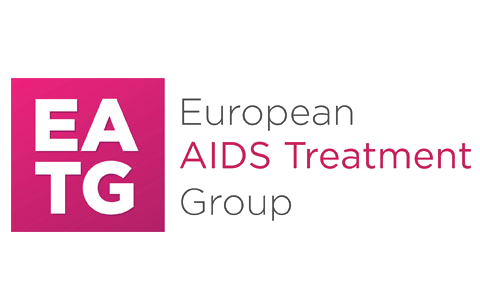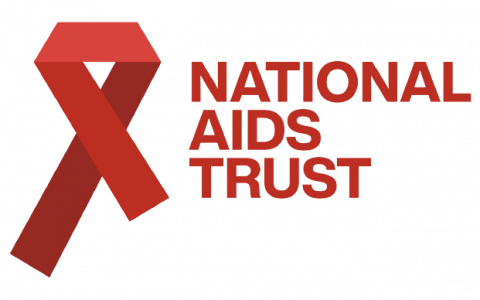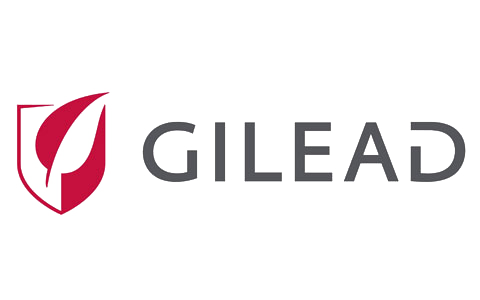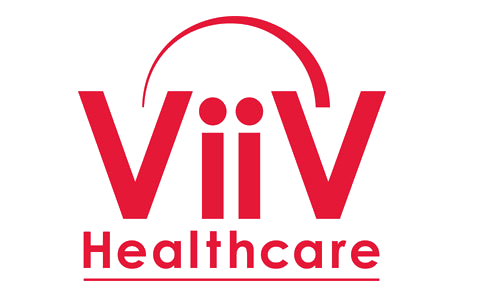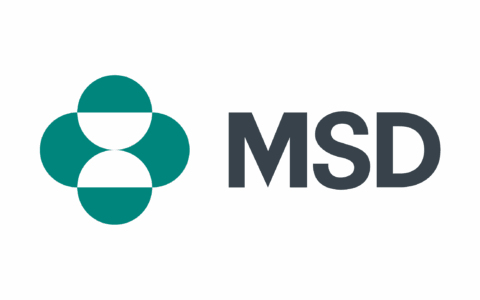Case Study
Germany – Checkpoints: Community-Based Testing

-
Context
In Germany, community-based facilities that offer advice and testing for HIV and other sexually transmissible diseases (STD) have existed in several cities for a number of years. These so-called Checkpoints mark the beginning of a new generation of HIV and STD prevention, treatment and psychological care. Diagnosis, psychosocial counselling and medical care have been brought together under one roof. The approach is anonymous and safe. Some of the facilities also offer a Pre-Exposure Prophylaxis (PrEP) check. The importance of anonymity can inform the choice of location: some checkpoints are, for example, integrated in vaccination practices. Therefore, it is not obvious whether people are coming to the facility for an HIV test or vaccination. During the appointment, people are then tested for whatever diseases (HIV, syphilis, chlamydia, gonorrhoea etc.) they wish. Most of the available rapid tests already offer results on the same day.
-
Introduction
Community-based testing facilities now exist in over 20 major German cities. Various regional HIV/AIDS support organisations receive public funding to run a total of 60 checkpoints in Germany. They are distributed across the country, for example, in Berlin – where one fifth of all people with HIV live – and in Frankfurt, Freiburg Karlsruhe, Munich, Nuremberg and Regensburg. The checkpoints predominantly target men who have sex with men (MSM). This group makes up a large proportion of those infected with HIV. In addition, some checkpoints treat people who are not covered by health insurance. Therefore, checkpoints are also aimed at the group of uninsured sex workers with a particularly high risk of STD infections, as well as at people living in other precarious situations, who are unable to access more conventional medical services.
-
Aims
Checkpoints tackle the challenge of enhancing timely diagnosis of HIV and thus support Germany in reaching the 90-90-90 goals. They also offer an opportunity for people at risk of HIV to overcome their reservations about going to the doctor, and can overcome fear of discrimination and stigmatisation within the healthcare system. Checkpoints take a patient-centred approach and are implemented in cooperation with national and regional state authorities, medical and patient organisations, individual physicians and other NGOs.
-
Method
If a person receives a positive diagnosis, they are given additional testing as well as treatments. If long-term treatments (e.g. for HIV or hepatitis C) are necessary, the person will be referred to an appropriate specialist practice. Checkpoints also offer counselling if the person wishes to talk about sexual health, substance abuse or other topics. As some doctors in Germany do not talk openly about sexual health, checkpoints offer an opportunity for open exchange on sensitive issues.
-
Results
Checkpoints offer a number of benefits. First, they are a simple and anonymous way of increasing the number of diagnoses of new HIV infections and other STDs. Second, they guarantee that those diagnosed will be treated. Third, they provide psychological counselling under the same roof as medical care. This patient-centred service has been very successful at various checkpoints all over Germany. The main target group, MSM, but also other groups and minorities, such as women, use these checkpoints. At some key locations, including Berlin, the demand is so high that people sometimes have to be referred to a later date and time. Stakeholders, including Ute Hiller from the patient advocacy group Berlin AIDS Aid (BAH), are full of praise for the concept. She expects the success of this approach to be reflected in the statistics of the RKI in the coming years.
The Checkpoint Study is a collaboration between RKI, the patient advocacy group DAH, and a larger number of testing facilities. It compiles data from the years 2015 to 2016. The study collected and evaluated anonymous data from various checkpoints. Results clearly show that checkpoints reach people with significant risks of HIV and other STDs. The study found that 1.2% of all tests at the checkpoints showed a reactive or positive HIV test result. In the MSM group, 1.62% of the tests were reactive or positive. This number was significantly lower for women (0.48%) and heterosexual men (0.40%). In the group of ‘others’, which was the smallest group with a total of 409 persons tested, the proportion of positive/reactive tests was around 2%. These numbers demonstrate that checkpoints have so far contributed to diagnosing HIV in Germany and that they actually reached the main target group of MSM during the investigated period. Other results indicate that the checkpoints also reach the target group of non-insured patients. A study with current data is currently under development.
-
Recommendations
As the checkpoints are very well received by the target groups, their reach should be extended. This means that the existing centres should be further promoted and expanded, and new ones should be built. When choosing the location of new checkpoints, special consideration should be given to regional differences in healthcare provision. A majority of late-presenters stem from rather rural parts of Germany, which results in a the ‘non-metropolis-and-other-regions’ care gap outlined above. This gap could be addressed by establishing checkpoints in these areas. In rural regions, the offer of an anonymous point of contact could be particularly beneficial and increase the likelihood that patients will attend the facility.
The Checkpoint Study by RKI and DAH, and a large number of testing facilities, also gives recommendations for politicians and donors. It emphasises that the checkpoints need to be staffed and funded so that examinations can be carried out free of charge. As checkpoints are an important contact point for people without valid health insurance, they should also expand to provide vaccinations and treatment for infections detected in this patient group.
From a public health point of view, examinations for epidemiologically relevant infections should be as easily accessible as possible. Therefore, accessibility, opening hours, acceptance and confidentiality are important factors. In addition, the consultation and all examinations should cost as little as possible and, ideally, be free of charge. The comparison between a checkpoint in Hamburg, where the state pays for the examination costs for MSM, and other institutions, where the tests have to be paid for by people themselves, suggests that those who forego testing for financial reasons are at the same risk of receiving a positive diagnosis. Thus, access to free or, at least affordable, testing should be offered at all facilities.



